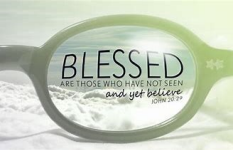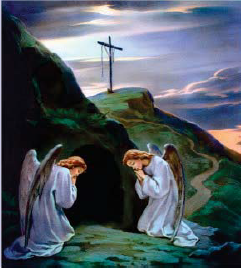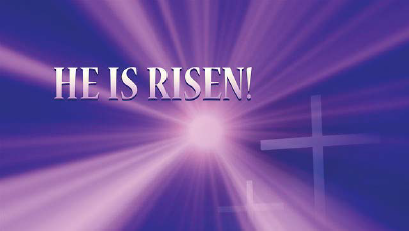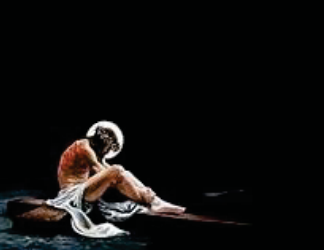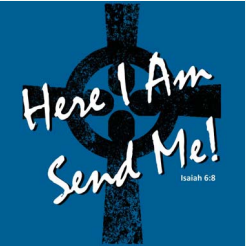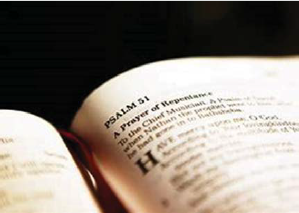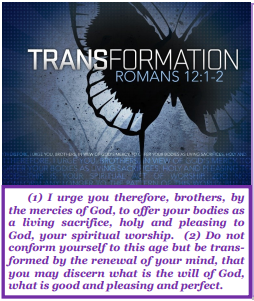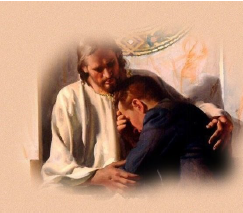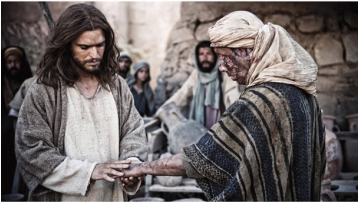Renewal at Easter Time
https://stmarystcatherine.org/wp-content/themes/osmosis/images/empty/thumbnail.jpg 150 150 Charlestown Catholic Collaborative Charlestown Catholic Collaborative https://stmarystcatherine.org/wp-content/themes/osmosis/images/empty/thumbnail.jpgEach year we move through the Lenten season and arrive at Holy Week – looking toward the great feast of Easter. And in this region of the world, that corresponds with a wonderful change of seasons as well.
As we yearn for the ending of the pandemic, the festivities of the Easter Masses, everything from wonderful music, larger crowds, and glorious Easter lilies, combine to give us all a “lift”. People feel good about Easter and even without thinking too much about it, there seems to be an inner awareness that because of this event, life is different. There is a change in the way we look at our life and the world around us, for the central theme of this celebration is the resurrection of Christ and His victory over death forever.
The Church celebrates this time in prayer and song often using the word “renewal”, something all of us are seeking after COVID. Perhaps Easter itself opens for us a path toward our own renewal. For example, the readings offered at Mass during the season describe in some detail the experiences of the early Christian community. The apostles and the newly minted Christians devote themselves with eagerness and deep faith to proclaiming the gospel, the good news that Jesus Christ has risen. They seek to develop authentic community, each sharing whatever to provide for the needs of others. There is a purity, a clarity, and idealism all flowing from their faith in the truths of the person of Jesus.
On one occasion, as Peter and the apostles are arrested and brought before the authorities for preaching the resurrection of Jesus, they are ordered to stop using “that name”. When joyfully they persist and are arrested again, they face possible execution. One of their leaders, Gamaliel, reminds the court of earlier situations when movements had begun and of themselves ended. He counsels, “Be careful what you are about to do to these men… If this endeavor or this activity is of human origin, it will do itself in and if it is of God, you cannot stop it and may even find
yourself fighting against God.” (Acts 5:34-40).
From that time until this present day, Christians realize that this movement IS from God and cannot be ended by any earthly force or power. The renewal of our spirit of hope flows from our remembering and celebrating the Easter mystery.
Refreshed and renewed in this way, I find myself going out into the world with a different attitude. I am more inclined to see all of creation as gift and precious, especially that which relates to the gift of life in all forms. Easter helps me see a closeness of God to us and a relevance of life to God’s purpose. Through the remaining five weeks of this Easter season, as the grip of the pandemic eases, what if you wonder how you might be renewed by Easter – what kind of renewal wants to take place in you?
Pondering such questions, wonderfully prepares us for the gift of God’s loving Spirit on Pentecost Sunday, May 23.
Fr. Ronan
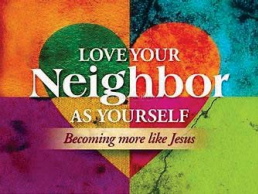
Third Sunday of Easter
April 17 / 18 2021
An underlying lesson from all three readings this weekend is that the Risen Christ has wiped
away our sins, not only for individuals, but throughout the world and its history.
The terrible power of sin has now been reversed and our coming to perfection through the love of God is part of the Easter experience. As stewards of God’s love we are called to participate in Christ’s redemptive activity.
The steward questions for us are many: How do we resist injustice at home or in the workplace?
How do we confront violence in our language and attitudes?
How do we bring Christ to others?

